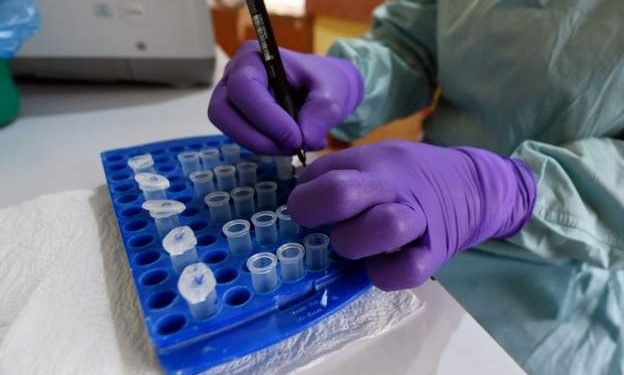The Ghana Medical Association (GMA) is advising the general public, especially healthcare providers to adhere to infection prevention and control protocols to curtail the spread of Lassa Fever.
Ghana currently has 13 active cases of Lassa fever with one death. The Ghana Health Service said it is contact tracing some 56 persons who came in contact with those affected by the virus.
The GMA in a statement dated March 1, 2023, acknowledged the presence of the fever in Ghana and advised individuals to strictly adhere to the safety protocols.
“The virus spreads to humans through contact with food or household items contaminated with the urine or faeces of mice. It also spreads from one person to the other through direct contact with bodily fluids e.g. urine, blood, faeces or contaminated clothes and beddings of an infected person”.
It warned that the consequences will be dire with non-adherence to the protocols.
“This risk of spread among health professionals is high when infection prevention and control (IPC) protocols are not adhered to during the care of patients”.
The symptoms of Lassa Fever are identical to other feverish conditions but have severe outcomes.
Symptoms may include sore throat, muscle pain, chest pain, nausea, vomiting, diarrhoea, cough, and abdominal pain and severe cases may result in bleeding from the mouth, nose, vagina or stomach.
The GMA, therefore, advised its members “to adhere strictly to IPC protocols, especially regarding the use of PPEs at all times and ensure all other members of the care team do same. In particular, wearing facemasks at all times at work, frequent handwashing or use of hand sanitisers, use of gloves and avoidance of contact with bodily fluids.”


